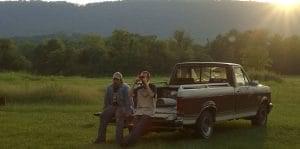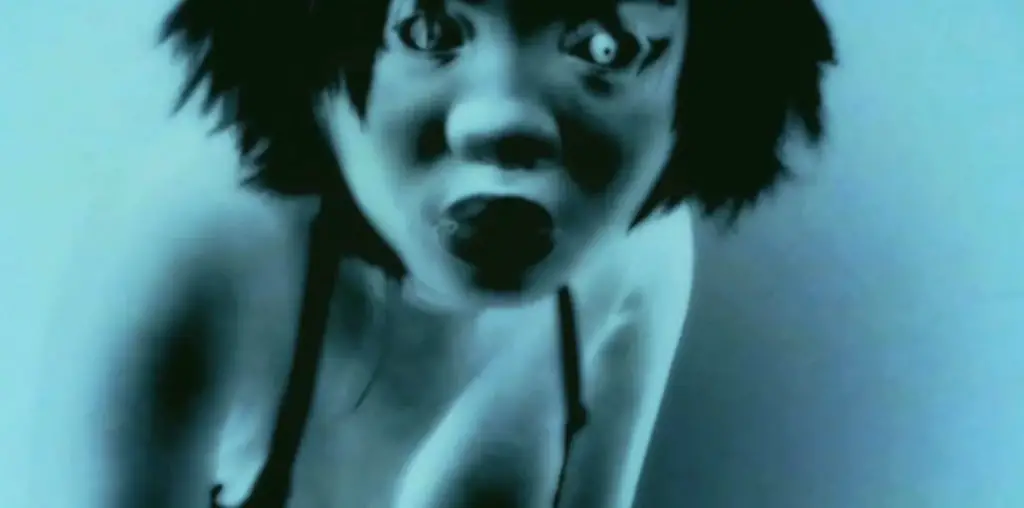
“You know that point in your life when you realize the house you grew up in isn’t really your home anymore? All of a sudden even though you have some place where you put your s**t, that idea of home is gone.” – Andrew Largeman (Zach Braff), Garden State
The concept of home articulated in the above quote is somewhat foreign to me. I understand the importance of having access to a sturdy structure that protects you and your wares from the elements, but the emotional weight of a “home” doesn’t resonate with me. As someone who grew up on four continents, I don’t quite grasp the idea that where you were born defines you, that because you lived in a single location all your life, it is home. Family, friends, and others involved in a child’s upbringing do shape your life and identity, and, yes, the land they live in has a say in that as well. But that land does not define your life, it’s not in your blood, like a mythical symbiote feeding off social status quo. Thus, in most media when someone fights for ‘their home,’ I tend to tune out. In Christopher Flippo’s Down And Yonder this is handled with such care and conviction, that even I got onboard with it.
Wally (Chris Schulz), fast approaching his 30s, feels stuck, as he tries to make a better life but is unable to bring himself to leave his rural Georgian town. His best friend Sugar Baby (Geoff James), a nickname that has stuck from elementary school, works as a sanitation engineer, loafs at the local bar and is satisfied with the routine of his life. Mara (Emily Landham) is back from college for the summer and meets Wally in the bar. They hit it off rather well, and her stories from college only feed Wally’s yearning to escape the humdrum. This strains he and Sugar Baby’s relationship with each of them holding secret resentments toward the other. Will these issues surface and break the friends’ connection? Or can they learn to finally accept responsibility and achieve their goals?

“…her stories from college only feed Wally’s yearning to escape the humdrum.”
While this review begins with a quote from Garden State, its sentiments echo the tone of writer-director Christopher Flippo’s feature-length debut. Given the comic-tinged dramatic tone and presentation of both films, there are some striking similarities between the two of them. Flippo’s screenplay delivers a somewhat predictable story, with few surprises. Of course the comedic best friend, Sugar Baby, actually knows the truth behind his nickname, and the third act breakup of his friendship with Wally is telegraphed from the first few scenes. However, as with everything, it is about presentation, and, thanks to strong characters and sense of place, the film is hypnotic and engaging. Sugar Baby gets so nervous around women that he enlists Wally to talk to the new cashier at a store on his behalf. The clerk finds Sugar Baby amusing, if slightly odd, but thinks that because he can’t talk to her himself, that his shy demeanor would not suit her. In school, Wally, Sugar Baby, and a number of friends wrote letters to themselves and buried them in a time capsule. At a moment of needed clarity, the best friends dig it up and read them. It is a sweet, touching moment, that solidifies their bond well. The best back and forth happens pretty early on, with Wally going on and on about how the depiction of rural communities such as theirs in the media only makes them out to be meth heads or rednecks that spend all their time in the bar. Sugar Baby then asks if they should hang out at the bar later that night. Wally agrees without a hint of irony.
Flippo’s direction is equally as assured as his writing. Benson Greene’s cinematography highlights Georgia’s natural beauty and isolation of this small, somewhat remote community. Wally and Mara are on a short pier, as she explains why it is her favorite spot in town. The camera is looking in on them from the water as if the audience is a casual viewer in the everyday happenings of the protagonists’ life. This intimate direction creates an air of personalization between the viewer and the characters as if these are your friends and you are catching up with them. A sequence that sees Sugar Baby and a friend from high school getting drunk and attempting to relive the wilder days of their youth differs in tone with frantic edits and more close-ups than elsewhere. It is a break from style that does not seem at odds with the rest of the movie. It illustrates Christopher Flippo’s excellent mastery of the cinematic medium and his understanding of storytelling and character perfectly.

“…thanks to strong characters and sense of place, the film is hypnotic and engaging…”
Flippo coaxes natural performances out of his talented cast. Chris Schulz as Wally is staggeringly brilliant, with a simple, understated charm that will take you by surprise. Geoff James, Sugar Baby, doesn’t entirely ward off the cliche of goofy, heavier best friend, but his comedic timing is impeccable, and his chemistry with his co-stars is excellent. Playing Mara, Emily Landham is sweet and delightful. She balances the girl next door and worldly, knowledgeable lady with grace, and the allure she has over Wally makes absolute sense.
Down And Yonder is about nothing much more than three friends evaluating where they are in life versus where they want to be. The audience is then treated to a smartly written, engagingly acted, beautiful slice of life centering around the courage to leave the only place you’ve ever known. It is a most worthwhile viewing experience.

Down And Yonder (2018) Directed by Christopher Flippo. Written by Christopher Flippo. Starring Chris Schulz, Geoff James, Emily Landham, Carter Kinsella, and Regina Nicole. Down And Yonder screened at the Ozark and Oneota Film Festival.
Grade: A-

